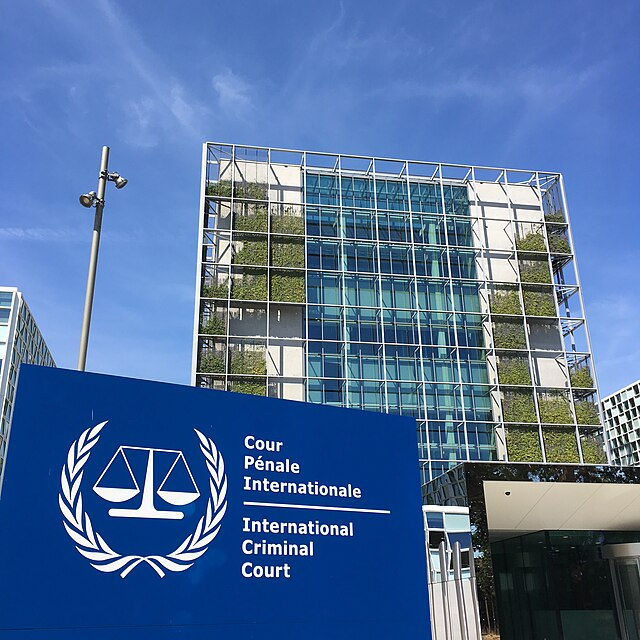Is Peace Merely About the Attainment of Justice? Transitional Justice in South Africa and the Former Yugoslavia
- Alejandro Posada Téllez

- Nov 22, 2022
- 18 min read
Updated: Jun 27, 2025
As a field of scholarship and practice, Transitional Justice (TJ) has become the dominant framework through which to consider ‘justice’ in periods of political transition ever since the end of the Cold War.[1] Understood here as ‘the full range of processes and mechanisms associated with a society’s attempts to come to terms with a legacy of large-scale past abuses, in order to ensure accountability, serve justice and achieve reconciliation’,[2] TJ systems are founded on the premise that attaining justice for past atrocities is a fundamental pillar to building lasting peace in societies emerging from conflict.[3] This logic, largely disseminated by liberal peace proponents, is relatively persuasive. However, the literature on TJ and peacebuilding too often takes the meaning of ‘justice’ for granted, focusing instead on other areas of contestation, such as the ‘amnesty versus punishment’ or the ‘peace versus justice’ debates, which presume a standardised and narrow conceptualisation of justice as individual accountability for Human Rights (HR) violations.[4]
For this, it is useful to situate the global surge of TJ systems within the broader process of judicialization in international relations, a trend Subotic terms ‘global legalism’.[5] This unquestioning adherence to law not only fails to respond adequately to the complex realities of conflict and peace, but also confines the potential of ‘justice’ to alter oppressive power structures to the boundaries of a technocratic, legalistic tradition. A Galtungian distinction between positive and negative peace is thus an appropriate theoretical frame to explore the limitations of the law in delivering far-reaching and holistic transformation to conflict-affected societies. Accordingly, it is argued that in practice, justice often constrains the production of positive peace frameworks by reinforcing the application of seemingly apolitical legal principles to guide and inform political transitions, which may reproduce patterns of direct and indirect violence. An assessment of the role of law in shaping notions of justice in South Africa’s Truth and Reconciliation Commission (TRC) and the International Criminal Tribunal for the former Yugoslavia (ICTY) serves to illustrate this argument.
The paper proceeds as follows. First, it locates ‘justice’ within the liberal peace paradigm, elucidates the distinction between positive and negative peace, and offers a brief background of the ICTY and the TRC, justifying the selection of these cases. It then focuses on three basic legal principles underpinning TJ processes and mechanisms in South Africa and the former Yugoslavia: i) the notion of individual accountability; ii) the emphasis on HR abuses; and iii) a statist ontology, highlighting the ways in which each of these norms limit the potential contribution of ‘justice’ towards fostering a meaningful peace in both contexts. The conclusion reiterates the critique against depoliticised notions of law and justice.
Justice, Law, and the Liberal Peace
The end of the Cold War saw the consolidation of the liberal vision as the dominant set of principles informing the theory and practice of transnational peacebuilding.[6] Chief among these principles lies the conviction that lasting peace is not possible without justice, a premise that has been the cornerstone for the creation of TJ systems globally.[7] Indeed, proponents of the liberal peace often suggest that the liberal conception of ‘justice’ as accountability is the surest route to peace because such a notion is rooted on the apolitical, ahistorical and universal framework of the law, which makes it uncontroversial.[8] This legal positivism responds to the Western ideal that law is an ‘objective, blind and consequently fair arbitrator’,[9] and to the expectation ‘that subjecting political behaviour to the apolitical judgement of law will exert a civilising effect’.[10]




